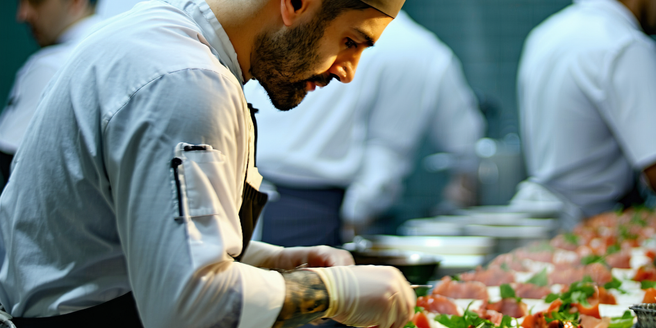Mastering Photography Contests

Understanding Contest Criteria
Participating in a photography contest requires a deep understanding of the judging criteria. Each contest has its unique perspective; some value creativity and innovation, while others prioritize technical skill and composition. Before submitting, study the guidelines carefully to ensure your work aligns with the contest’s goals. Research past winners to grasp what the judges appreciated in previous editions. Look for any available feedback or interviews with the judges, as these can offer unique insights. Understanding the criteria also means recognizing what might detract from your work, such as overused themes or excessive post-processing. With clear knowledge of the contest criteria, you can align your photographic storytelling with the expected standards, increasing your chances of making a strong impression.
Selecting Your Best Work
Choosing the right photograph to submit can be challenging, but it is crucial for contest success. Start by evaluating your body of work with a critical eye, considering factors like emotional impact, technical precision, and originality. It’s often helpful to seek opinions from fellow photographers or mentors who can provide unbiased feedback. Aim to select images that not only meet the contest’s criteria but also resonate personally with you, as this passion will shine through. Avoid submitting images just because they are favorites; instead, prioritize those that best represent the contest’s theme and your artistic vision. Revising and refining your selection will ensure that your chosen images are impactful and compelling to the judges.
Crafting a Compelling Story
In photography contests, telling a compelling story through your images can set you apart from the competition. Judges often look for entries that convey more than just aesthetic beauty; they seek narratives that evoke emotion and provoke thought. To craft a strong story, consider the elements of your image—subject, composition, lighting—and how they interact to create a cohesive message. Pay attention to the details and ask yourself what story you are trying to tell. Is it one of adventure, nostalgia, or social commentary? The more specific and clear your narrative, the stronger the impact it will have. Captivating narratives are memorable, leaving a lasting impression on the judges and potentially leading to success.
Technical Considerations
Technical perfection is crucial for photography contest submissions. When submitting your work, ensure all technical aspects—from exposure to focus—are flawless. Proper use of lighting can dramatically enhance the mood of your photograph, adding depth and dimension. Pay attention to the composition and framing to guide the viewer’s eye through the image seamlessly. A well-composed photo can tell a deeper story and evoke emotions. Additionally, editing should enhance the image without overpowering the original photograph, maintaining a natural look. It is vital to submit images in the format and size specified by the contest rules to avoid disqualification. Double-check your file before submission for any technical errors, as these can detract from the viewer’s experience and impact your chances of winning.
Navigating the Submission Process
Successfully entering a photography contest involves understanding the submission process in detail. Start by thoroughly reading the contest rules and deadlines. Organize your files according to the required specifications, such as size and format. Label your entries clearly to avoid confusion. Consider seeking feedback from peers before finalizing your submissions. Ensure you meet any age, residence, or professional status requirements outlined by the contest. Pay close attention to licensing agreements or rights issues that may affect how your work can be used if selected. Keep copies of your submission confirmations and any correspondence related to the contest. By meticulously adhering to the submission guidelines, you demonstrate professionalism and respect for the organizers, enhancing your reputation within the competitive photography community.